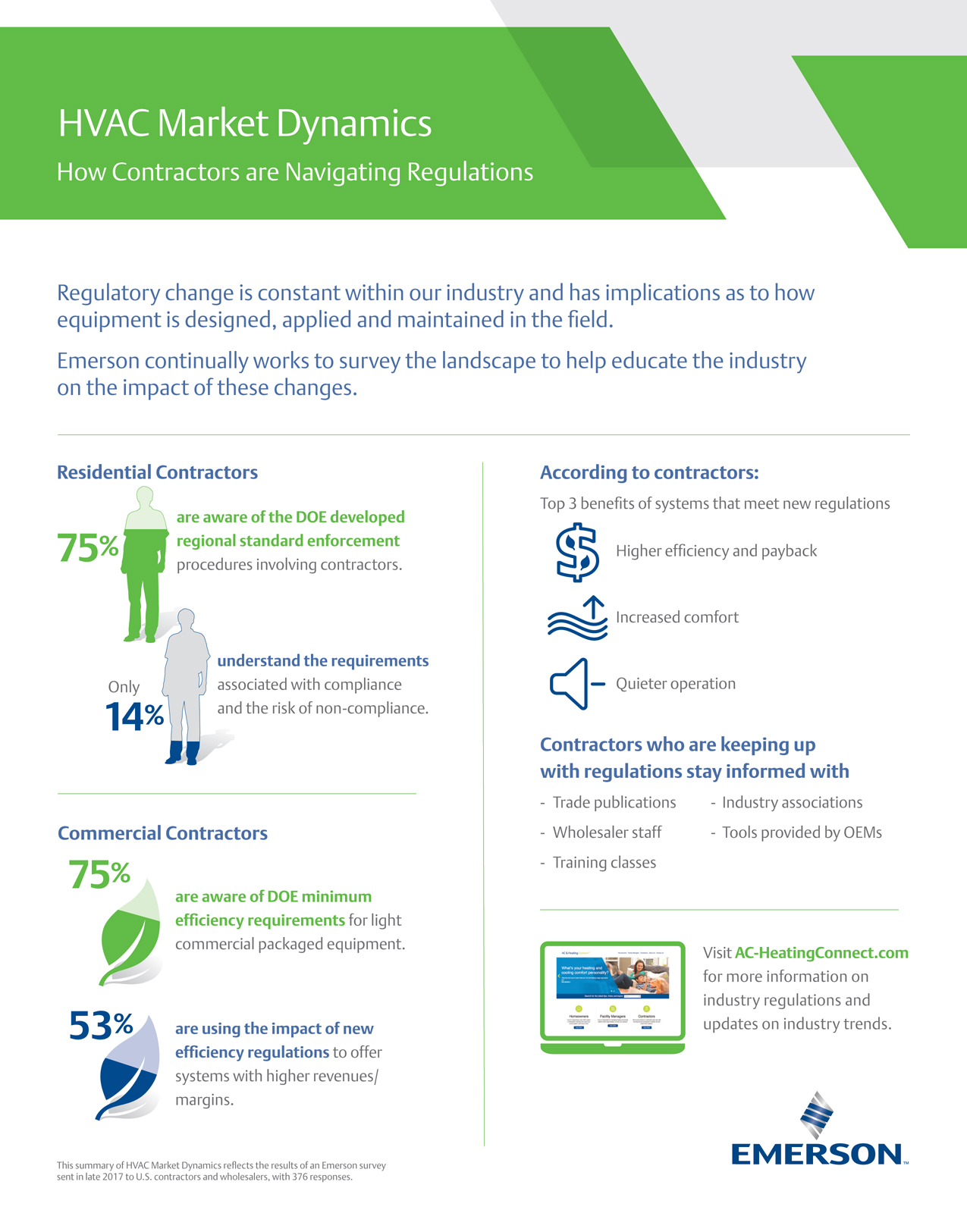Explore Ways To Preserve The Effectiveness And Durability Of Your Heat Pump System By Avoiding Typical Installment Blunders
Explore Ways To Preserve The Effectiveness And Durability Of Your Heat Pump System By Avoiding Typical Installment Blunders
Blog Article
Short Article By-Garrison Cassidy
When mounting a heat pump, you have to steer clear of typical blunders that might jeopardize its efficiency. Neglecting proper sizing might cause inadequacies and higher utility expenses. Neglecting insulation and sealing could lead to power wastefulness and strain on the unit. Moreover, placing the outdoor device improperly might impact its efficiency. By staying clear of these errors, you can make certain optimum working and durability of your heat pump system.
Improper Sizing of Heat Pump
When it pertains to the installation of heatpump, one of the most common mistakes is incorrectly sizing the unit for your room. Highly recommended Web-site is critical for optimal performance. If the heatpump is too small, it will have a hard time to heat or cool your area successfully, causing increased energy costs and prospective deterioration on the system.
On the other hand, if the heat pump is too big, it will cycle on and off frequently, creating temperature level fluctuations and reducing its life expectancy.
To avoid this mistake, it's important to have a specialist examine your room and advise the appropriate dimension of the heat pump based on factors like square footage, insulation, ceiling elevation, and local environment. By spending the moment and initiative to make sure the right sizing, you can appreciate a comfortable atmosphere while making best use of power efficiency and prolonging the life expectancy of your heat pump.
Inadequate Insulation and Sealing
To guarantee the efficient operation of your heatpump, it's essential to address insufficient insulation and sealing in your space. Correct insulation aids keep a consistent temperature indoors, minimizing the work on your heat pump. Insufficient insulation can bring about energy loss, making your heat pump job harder and much less efficiently.
Sealing any kind of voids or leakages in your area is just as essential. These gaps permit conditioned air to run away and outdoor air to leak in, requiring your heatpump to make up for the temperature fluctuations.
Wrong Positioning of Outdoor System
Resolving the positioning of your heatpump's outdoor device is crucial to optimizing its performance. Setting up the exterior unit in a wrong location can result in performance issues and potential damages to the system.
One usual blunder to stay clear of is placing the outside unit too close to a wall or various other frameworks. This can limit airflow, causing the device to work more challenging to warm or cool your space, ultimately minimizing its efficiency and life-span.
An additional mistake to avoid is positioning the outside system in straight sunshine. While some sunshine is inevitable, excessive direct exposure can lead to overheating, especially throughout hot summertime days. It's ideal to place the outdoor system in a shaded area to assist maintain its optimal operating temperature.
Furthermore, make certain that the exterior unit is positioned on a secure and degree surface area. Unequal ground can cause vibrations and unneeded pressure on the system, impacting its efficiency with time.
Verdict
Finally, staying clear of common mistakes throughout heat pump installation is necessary for maximizing efficiency and durability of your system. By guaranteeing correct sizing, sufficient insulation, sealing, and correct positioning of the outdoor device, you can stop concerns such as inadequacies, boosted power expenses, and strain on the unit. Making https://reidsyejo.blogrelation.com/36578583/heatpump-fixing-warning-signs-that-your-system-needs-professional-treatment to resolve these key factors will inevitably save you time and money in the future.
